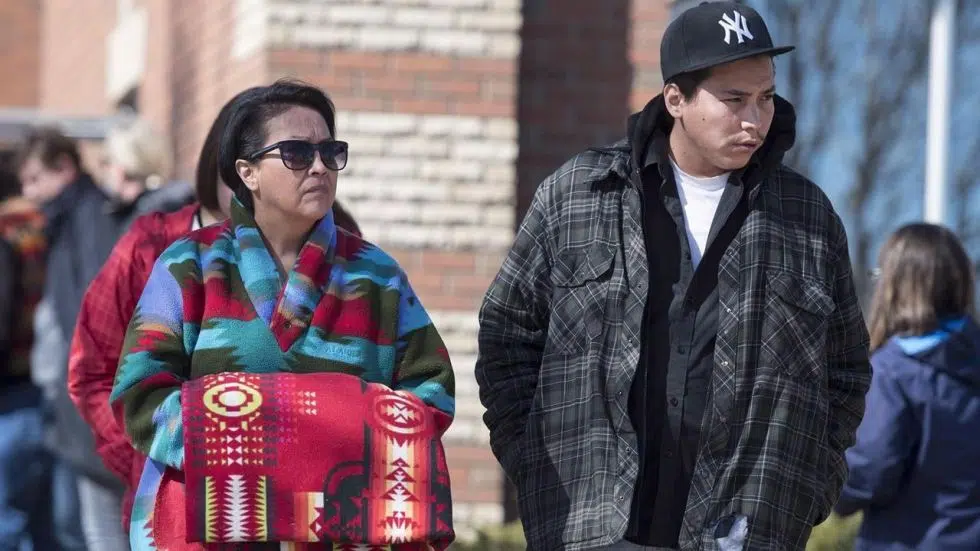
Kamloops lawyer says jury selection makes Boushie case “tainted”
KAMLOOPS — The case of acquitted Saskatchewan farmer Gerald Stanley has sparked outrage and a bitter divide across the country, especially within First Nations communities.
Stanley is the man who shot and killed 22 year-old Colten Boushie in 2016. On Friday night, he was acquitted of second-degree murder, a move that’s being called ‘shameful’ by the victim’s friends and family.
“The real issue is the legitimacy of the decision because of the composition of the jury,” said Kamloops lawyer and former judge Bill Sundhu.


